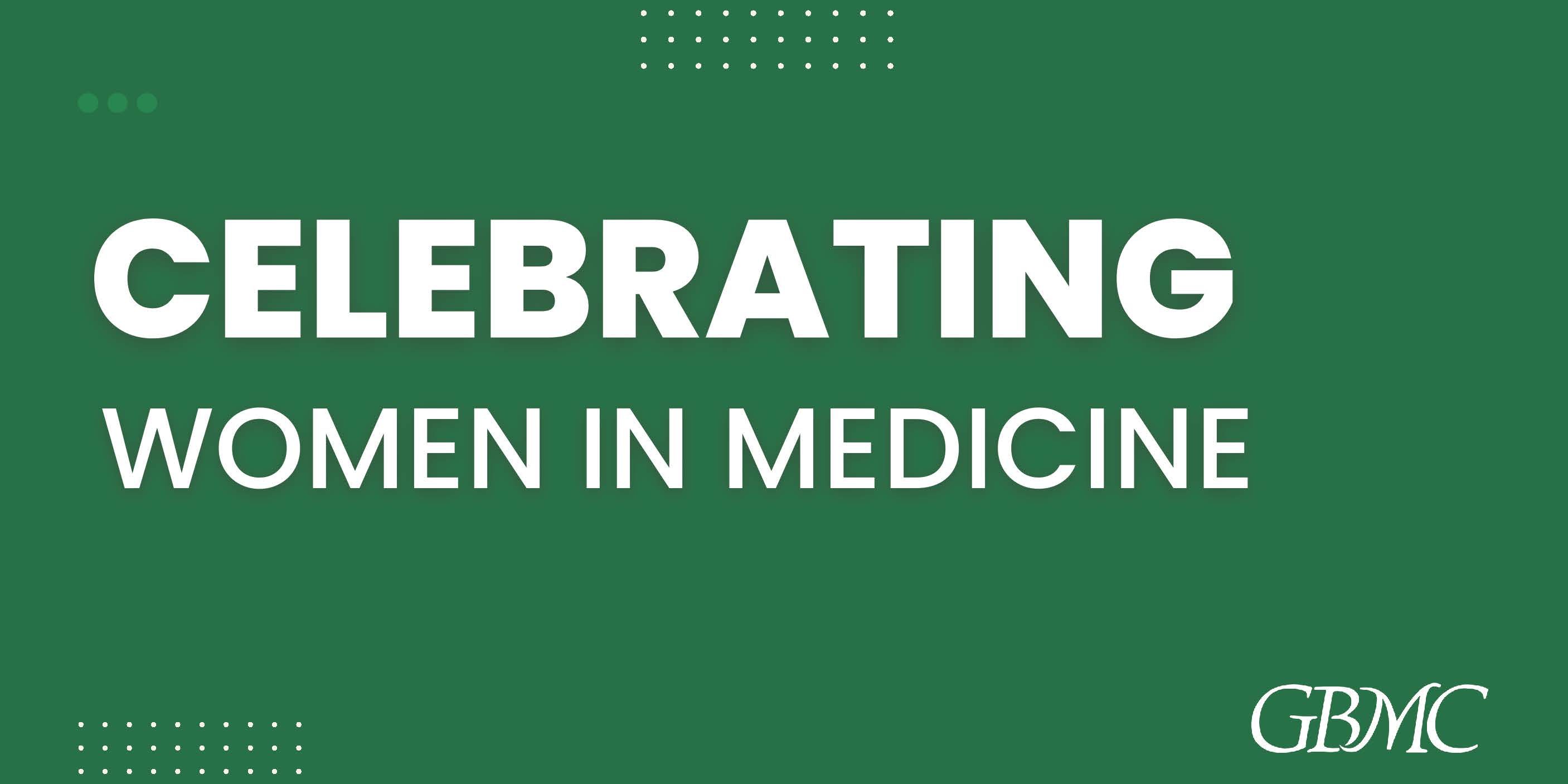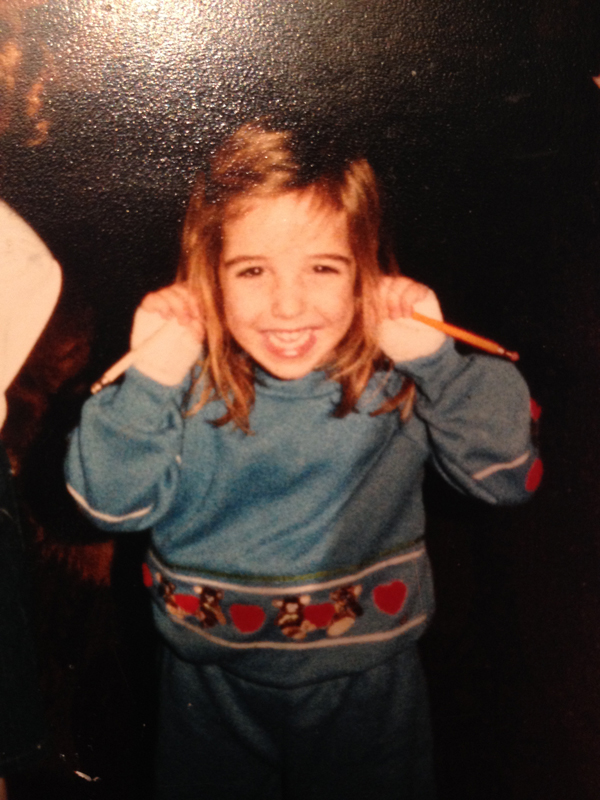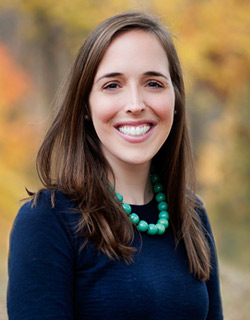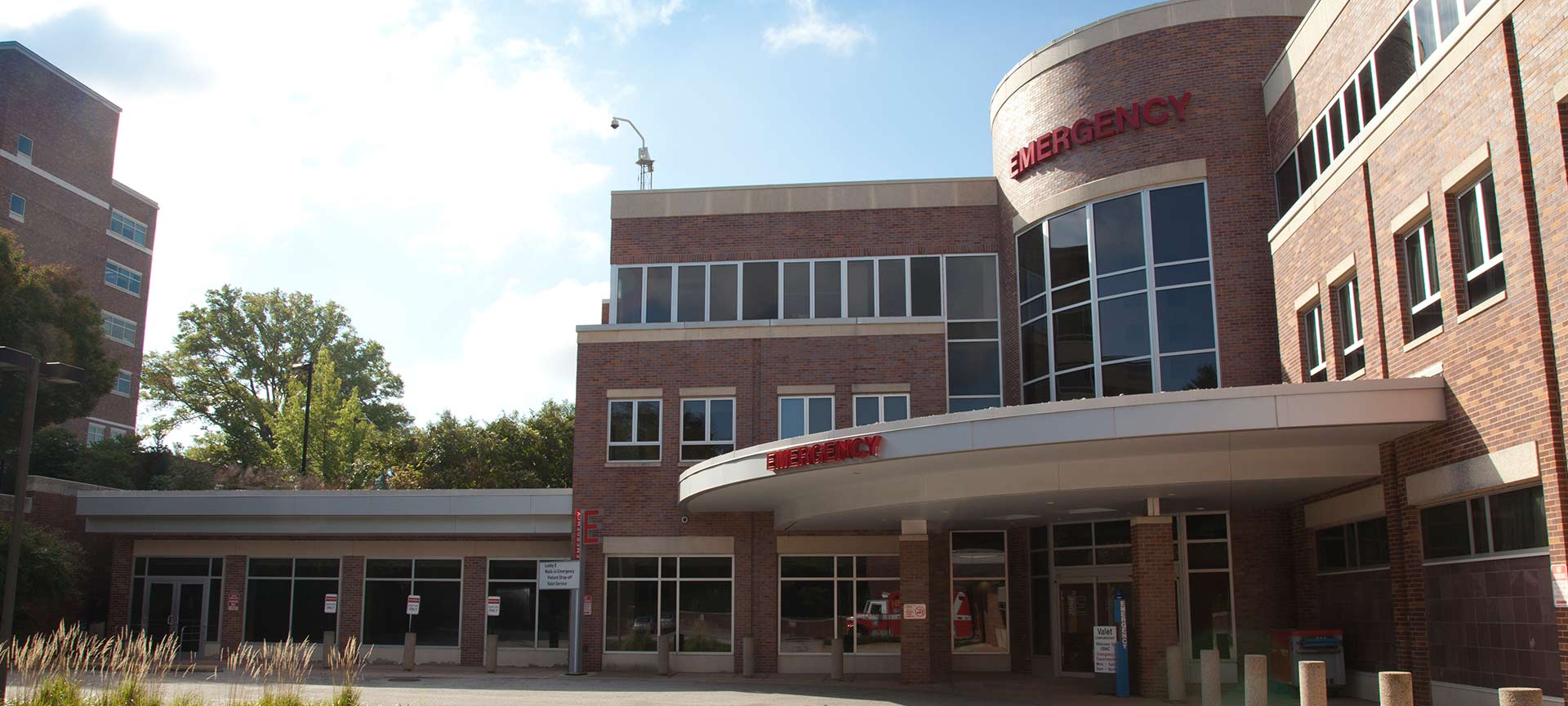Meet the Women in Medicine at GBMC: Laura Scott, MD
September 29, 2022
Dr. Laura Scott has been the Director of the Pediatric Emergency and Inpatient Unit at GBMC since July 2017. She joined GBMC as a pediatric hospitalist in 2015 after finishing her Pediatrics Residency at the Johns Hopkins Hospital and earning her medical degree from the University of Tennessee in Memphis, TN. She serves as an active member on the Pediatrics Peer Review Committee, the Emergency Department Steering Committee, the Pediatric Nursing Practice Council, and the Neonatal Abstinence Syndrome Collaborative Committee.

Take yourself back. You got your acceptance letter to medical school. Where are you? How are you feeling? What are you most excited about?
I remember receiving a call from the Dean of Admissions at my medical school (University of Tennessee) while I was working in a lab at St. Jude Children's Research Hospital. Nelson Strother, the man on the other end of the phone, had been a great advocate for me and my medical school entry. To hear his voice bring me this life-changing news was something I will always hold dear. This was one of my earliest introductions to the types of people and experiences I would have at UT and made it all the better when I became one of four student members on the UTCOM Admissions Committee as a third-year medical student. It was so fun to be on the other side of the process and to play a part in the start of the medical careers of hundreds of students.
As my notification of admission was via phone, and while I was working, I remember trying to contain my excitement (and relief) and then walking out of the lab with tears in my eyes to go outside and simply take a breath. It was a very humbling experience and one of the biggest achievements of my life at that point, and I remember feeling proud of myself. I wasn't sure I would make it into medical school the first time I applied, which made that moment even better. I couldn't wait to tell my mom and my boyfriend (now husband), and to thank them for helping me get to that point. What a cool experience, and nice to think about, now, so many years (14!) after the fact.
What led you to a career in healthcare? What led you to your chosen discipline?
From an early age I had an interest in medicine, biology/science, and the humanities. My love for Pediatrics really evolved while I was in college and had the opportunity to complete internships at both Le Bonheur Children's Hospital and St. Jude. I took a nontraditional route to medical school by taking four years in between, and those years at St. Jude further enhanced my love of Peds and my interest in pediatric-specific medicine.
Alongside caring for patients, what is one other thing you love about your role?
Kids are hilarious. They can be sick as stink and cracking jokes, making fun of their parents or siblings, or just asking goofy (but also insightful and bright) questions. In addition to clinical care, I love being connected to a network of Pediatric Hospitalists across the country via the American Academy of Pediatrics, and the opportunities this provides for continued learning, commiserating, and celebrating. Peds providers are a loving, compassionate group of people, and this community—in our GBMC group as well as across the country—is constantly teaching me and keeping me up to date on the latest Peds research, evidence-based medicine, trends, etc. Our (all female!) team of Peds providers at GBMC feels like family, and this group is constantly pushing me to be the best physician/clinician that I can be.
What informs your leadership style? What one skill would you recommend a future female leader in medicine cultivate?
Multiple mentors in my medical career have impressed upon me the importance of leading from the ground up—working shoulder to shoulder with those you are leading and striving to stay in touch with what is happening on the front lines. A willingness to humble yourself, listen more than you talk, and continually focus (and re-focus) on systems issues rather than interpersonal conflict are all things I try to keep in mind as a leader. Specifically for female leaders, I also encourage open and honest conversation about equal pay for equal work, diversity in the workplace, and advocating for oneself and one's group, which can be uncomfortable at times.
At GBMC, our vision is to take care of patients as if they were our own loved ones. Who are you picturing when you care for patients?
Even though I am a pediatrician, I always think of my mom when I hear the GBMC vision. Whether our patients are two or 102, they deserve to be listened to and cared for with compassion and respect, and they deserve a provider who takes the time to understand their concerns—all things I absolutely want for my sweet mom when she needs to access medical care.
What accomplishment are you most proud of in your professional career?
I became the Director of the GBMC Pediatric ED/Inpatient Unit only two years out of my Pediatric residency. This was a significant milestone in my medical career, and one I did not expect to happen so soon. However, I have come to realize my non-medical life prepared me just as much (if not more) than my medical experience for this role, because it was my past experiences as a leader in various fields that set me up for success in my current role.
Additionally, becoming a Baltimore Magazine Top Doc in 2021 meant a great deal to me because this was something voted on by my peers and colleagues. Pre-GBMC, I would say securing a residency spot at JHH in the Department of Pediatrics (a program steeped in tradition) was a huge accomplishment for me. When I opened my residency match results envelope, I cried the happiest tears.
What has helped you navigate challenges or barriers to achieving your success?
I have been lucky to have incredible and loving mentors in my medical career, including Dr. Melissa Sparrow, who was previously in my current role as Director of Pediatrics and also held the role of Chief of Staff at GBMC. Dr. Sparrow taught me by example and showed me what a strong, female leader can look like and accomplish. Having mentors to bounce things off of has been invaluable in navigating challenges, and having a non-medical family has also kept me grounded by providing different non-medical perspectives I can apply to my medical life. I am also a huge proponent of mental health care and therapy, as well as physical fitness. Both have allowed me the space and ability to constructively move through barriers and obstacles.
What do you do to decompress?
I love working out at home! I am a big fan of Beachbody programs, especially Barre and HIIT workouts, and I love Peloton Yoga workouts. My dog, Taussig (named after a fierce FEMALE Pediatric Cardiologist who trained and worked at JHH) is one of the loves of my life and he and my husband and I love spending time on our front porch and watching the world go by.
What do you think the future of medicine looks like for women?
Bright, exciting, difficult, and complex.
What does being a women in medicine mean to you?
I see it as opportunity. An opportunity to show other females how fun, amazing, challenging, and difficult a life in medicine can be. An opportunity to advocate for equality in medicine and elsewhere. An opportunity to show my young female (and male) patients that they can grow up and be whatever they want to be, including a doctor. An opportunity to lead with compassion, grace, and humility. An opportunity to support and encourage my colleagues. An opportunity to do all the good I can, in all of the ways I can, until I no longer can.
I see it as a privilege. And I am grateful it allows me to go to work and to have fun, to share in people's life experiences, to be with them during the worst times and their best times, to use my knowledge and skills and experience to help others, to continue to figure out how to practice the art of medicine, and to keep growing and changing and evolving, as a physician and as a human being.





